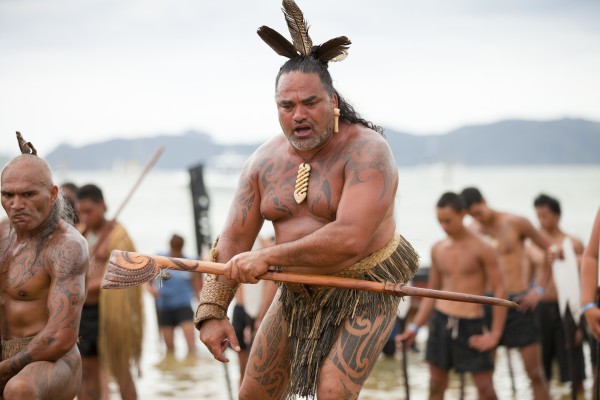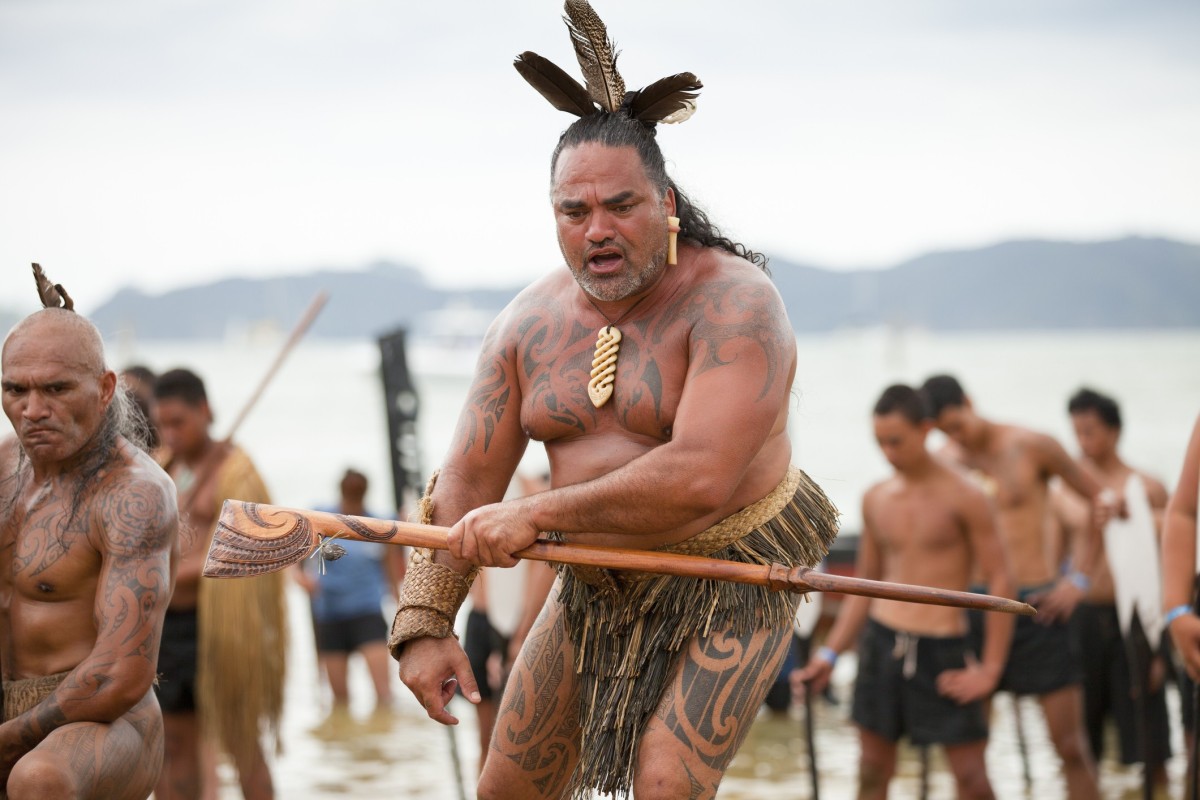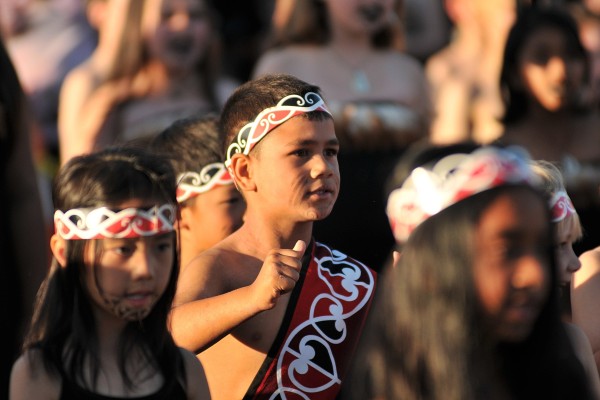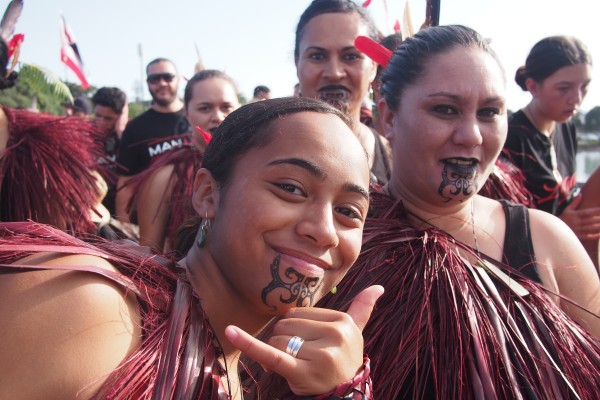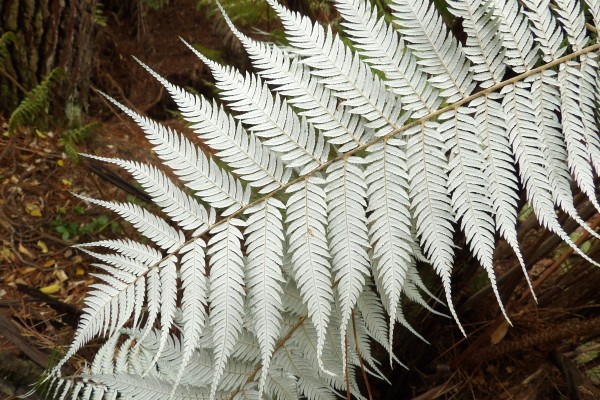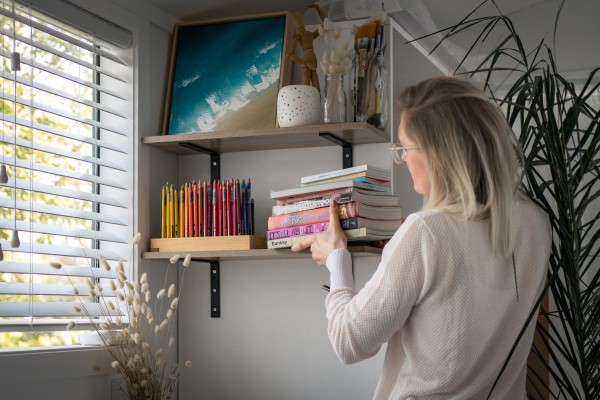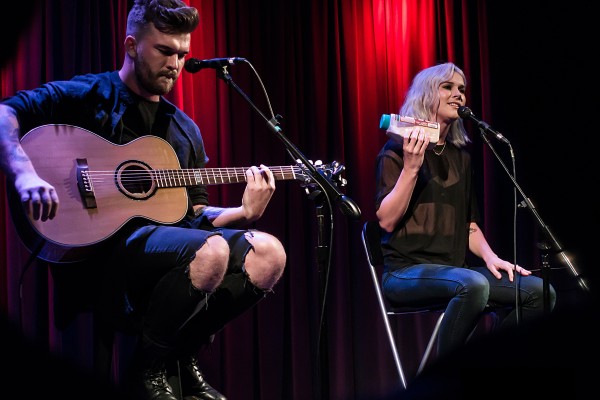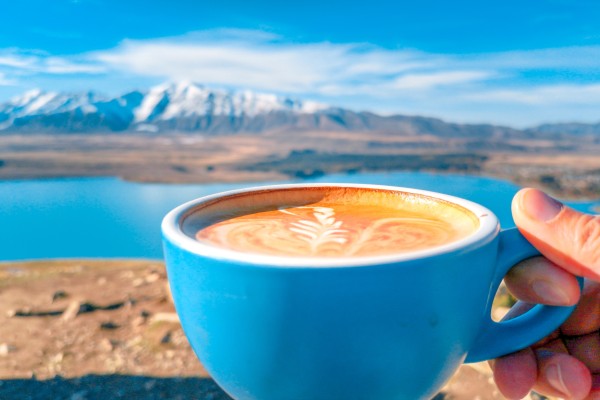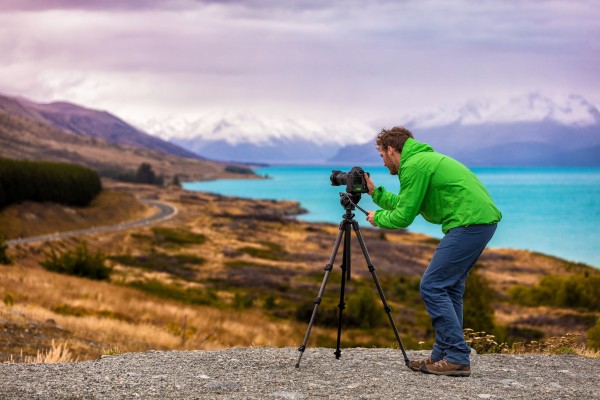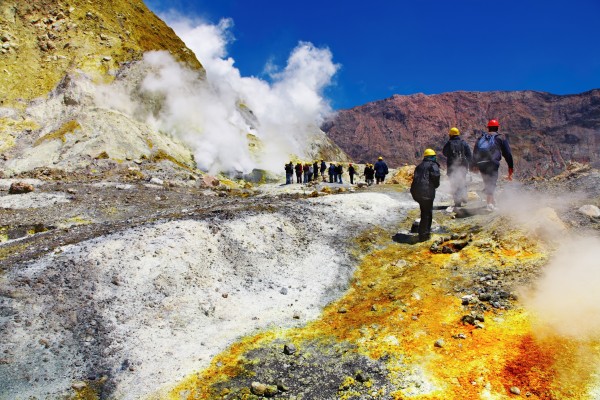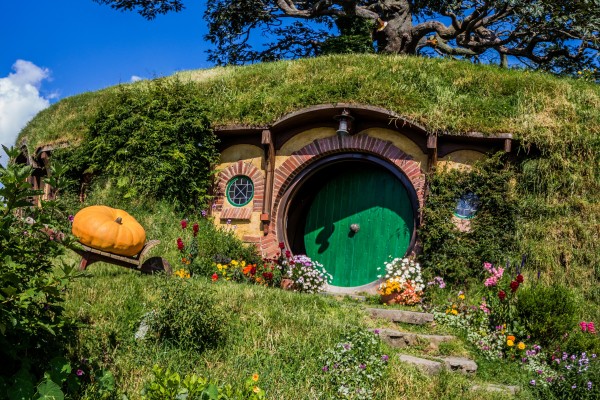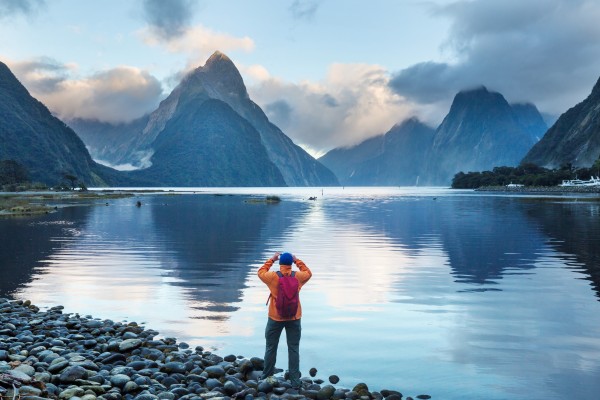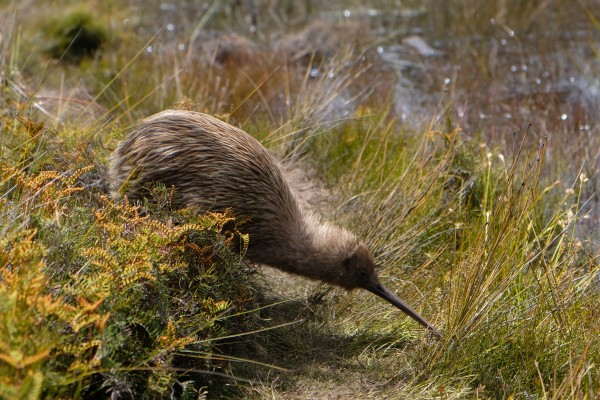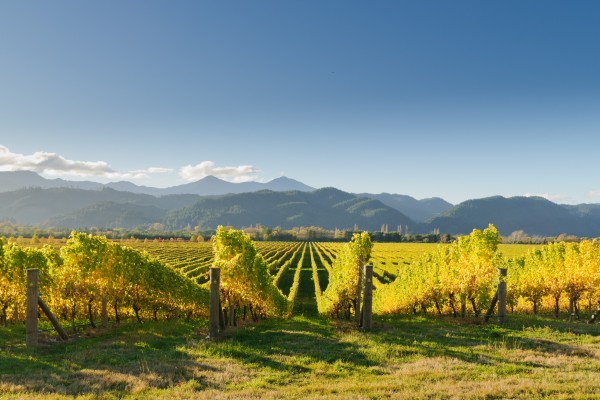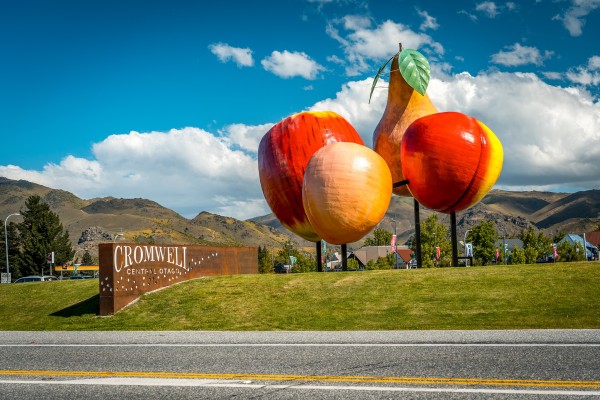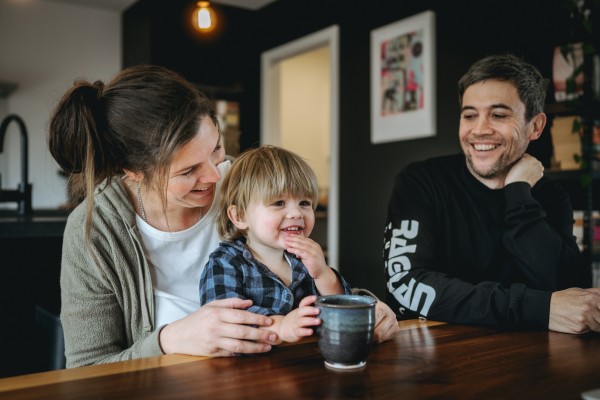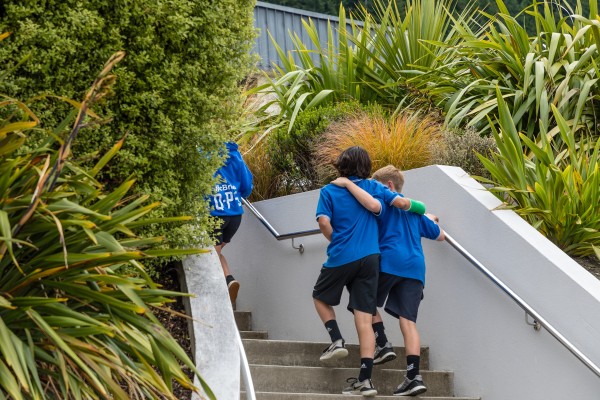Navigating New Zealand: A Newcomer's Guide to Local Traditions and Heritage

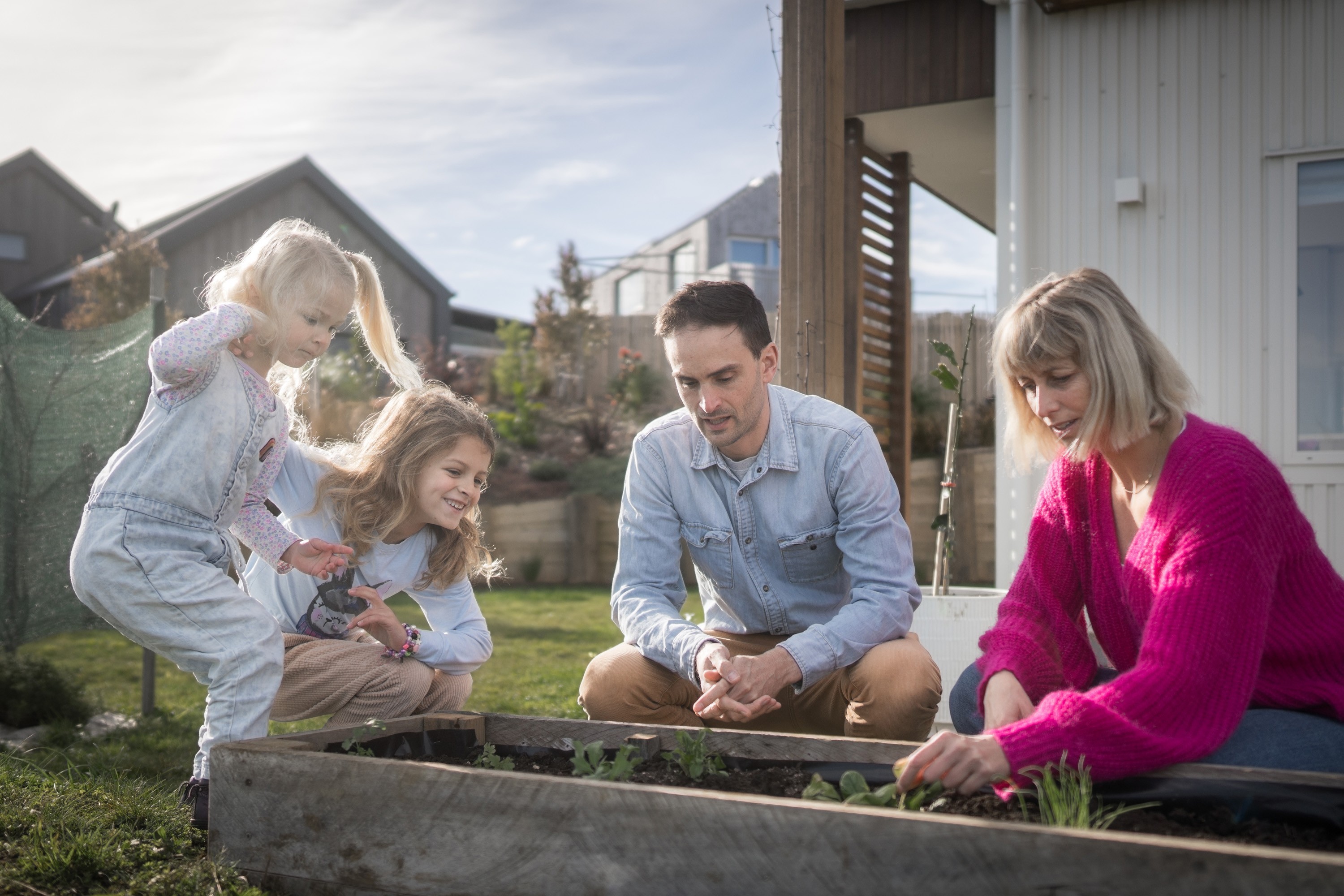
New Zealand is predominantly known for its breathtaking landscapes and scenery. But our blend of European, Māori, and Pasifika food, beliefs, language and traditions has influenced one another to create a culture that is uniquely Kiwi.
Here’s what you should know about local traditions and heritage.
Māori culture
Māori culture is a large part of what makes living in New Zealand (or Aotearoa) so unique. Māori are tangata whenua (the indigenous people) of our country, inhabiting the land for over 1000 years.
While Māori culture suffered under colonisation, the renaissance of the language, customs, and incorporation of Te Ao Māori (the Māori world) has become an important part of New Zealand’s cultural identity since the 1950s and particularly the 1970s.
How to learn more about Māori culture
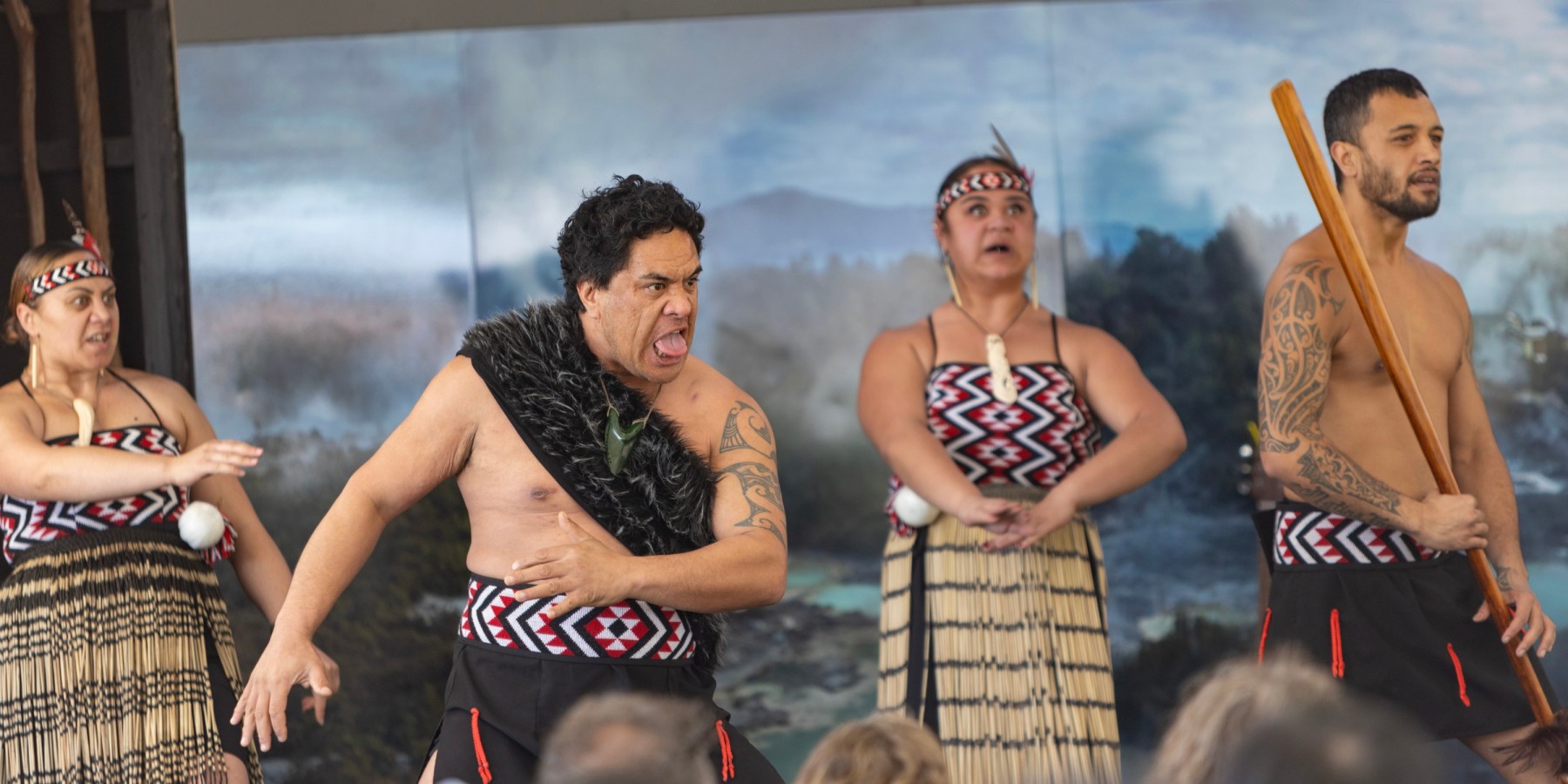
There are many ways you can learn more about Māori culture while in New Zealand.
Learn Te Reo Māori
Enrol in Te Reo Māori classes at local community centres, universities, or online. The Māori Made Easy books are a popular place to start your Te Reo journey.
Visit Cultural Sites
If you get the opportunity, accept the offer to stay on a marae. These are meeting houses found on a traditional Māori meeting ground. Most commonly, you will need to be invited by someone you know who belongs to an iwi (tribe) or be invited as part of a school or workplace experience. Staying on a marae is a great way to experience traditional customs and ceremonies. You can also visit significant sites like Rotorua for its rich Māori heritage and cultural performances.
Visit Waitangi
The Treaty of Waitangi is New Zealand’s founding document, and it is not without controversy. Understanding the treaty (sometimes referred to as Te Tiriti) is important for understanding modern-day politics in New Zealand. Spend a day at the Waitangi Treaty Grounds to learn about its historical significance, the effect it’s had on shaping New Zealand and the Māori people.
Support Māori Art and Culture
Wearing Māori jewellery such as pounamu (greenstone) is supported, but it should be done with care. Make sure when you purchase Māori art, crafts, and jewellery that you are buying from Māori artisans rather than souvenir shops.
Go to a Kapa Haka Festival
Festivals like Polyfest and Te Matatini showcase the power and beauty of kapa haka (traditional Māori performing arts). At these festivals, you can enjoy cultural performances that highlight traditional Māori dance, music, and storytelling while helping support the revitalisation of Māori culture.
Read Māori Literature
Read books, poetry, and stories written by Māori authors to gain insights into Māori perspectives and experiences. Reading about Māori by Māori is the best way to expand your teachings and knowledge of Te Ao Māori.
Māori arrived in Aotearoa over 1000 years ago and have developed a culture rich in traditions. From the art of tā moko to learning the ancient legends of Kupe and Māui, learning more about the origins of our indigenous culture is a great way to learn more about New Zealand.
Learn about:
The Arts
New Zealand has a thriving arts scene with numerous galleries, studios, and a strong performing arts community. Much of New Zealand’s modern day heritage has been about artists and writers wanting to establish a unique voice for our country separate from our English or colonial origins.
Visit Galleries and Studios
Visit Te Papa, the nation’s national museum. Here you’ll experience a blend of art, history, European, Māori and Pasifika cultures in one place. You can also visit art galleries and studios in your area. Christchurch, Auckland and Wellington all have thriving art gallery scenes.
Experience Māori Arts and Crafts
Visit the New Zealand Māori Arts and Crafts Institute at Te Puia in Rotorua to see Māori carvers working with wood, bone, and pounamu greenstone.
Attend Major Arts Events
There are several major arts festivals on the calendar each year that will help you embrace our national arts scene including Aotearoa New Zealand Festival of the Arts, World of WearableArt (WOW ) a showcase of wearable art held in Wellington, the Auckland Arts Festival, held in March each year and the New Zealand Fringe Festival, held in Wellington. The Royal New Zealand Ballet also tour the country each year.
Many of New Zealand's cities have a thriving arts scene. You can learn more about Auckland's gallery scene, local art spaces in Wellington and where to buy art in Christchurch here.
Local New Zealand Traditions
As New Zealand is made up of a blend of cultures, traditions will vary from person to person, depending on their cultural background. Kiwis of Māori and Pasifika descent tend to have stronger cultural ties to their local traditions. Even so, there are some things that all New Zealanders enjoy and that visitors to the country may find unique.
Here are some ways you can get involved in the culture and traditions of New Zealand, no matter where you are.
Matariki
Celebrated in June, Matariki marks the Māori New Year, signalled by the rising of the Pleiades star cluster. It’s a time for remembrance, celebrating the present, and looking to the future, with events including performances, fireworks, and family-friendly activities.
Hāngi
Hangi is a traditional Māori method of cooking food using heated rocks buried in a pit oven. It is often used for large gatherings and special occasions, producing deliciously smoked and tender meats and vegetables.
Waitangi Day
This national holiday, celebrated on February 6th, commemorates the signing of the Treaty of Waitangi in 1840. It includes official ceremonies, cultural performances, and community events across the country.
Anzac Day
Observed on April 25th, Anzac Day commemorates the soldiers from New Zealand and Australia who fought in wars, particularly at Gallipoli during WWI. Dawn services, parades, and remembrance ceremonies are held nationwide.
Christmas in Summer
Unlike the Northern Hemisphere, New Zealand celebrates Christmas during the summer. Traditions include beach outings, barbecues, and festive decorations with a distinctly summery twist. Most Kiwis take a long break over the Christmas holidays until well after the New Year.
Going barefoot
While not really a tradition, you may notice that people in New Zealand are fairly relaxed about their choice of footwear. In beach towns and rural communities, or even just in the city suburbs, it’s quite common and acceptable to walk around barefoot.
A&P Shows
Agricultural and Pastoral (A&P) shows are traditional events held in rural areas, showcasing livestock, farming equipment, produce, and crafts. These events are often aimed at bringing the farming community together but often include competitions, entertainment, and activities that are perfect for the whole family.
Rugby Games

Rugby is New Zealand’s most popular sport, and even if you’re not a fan, getting to a local game is a great experience. Supporting a local team like the Crusaders, Hurricanes, or Blues is a popular pastime during winter.
Learn more about the history of rugby in New Zealand.
Summer Races
Horse racing events are popular outings, especially for young people. Cup Days in Wellington, Auckland and Christchurch attract large crowds and offer a festive atmosphere with fashion, food, and entertainment.
Camping
Camping is a beloved Kiwi pastime, with numerous campsites and holiday parks across the country. Whether it’s at a beach, in the mountains, or near a lake, camping offers a great way to connect with nature and enjoy the outdoors with family and friends.
Great Walks
New Zealand is renowned for its scenic Great Walks, a series of premier hiking tracks that showcase the country's stunning landscapes. Popular Great Walks include the Milford Track, Tongariro Northern Circuit, and the Abel Tasman Coast Track. These multi-day hikes offer an unforgettable outdoor adventure and will take you into some of New Zealand's most iconic scenery.
Enjoying time in nature is a large part of the Kiwi experience. Learn how to responsibly freedom camp in New Zealand and 10 of the best Great Walks every visitor should experience.
What do our customers say?



For every (wise)move







What’s happening?
Please notify us of any violations. This information will be kept confidential and shared only with Wise Move.
- It’s inaccurate or incorrect
- If you find it offensive
- It’s something else
